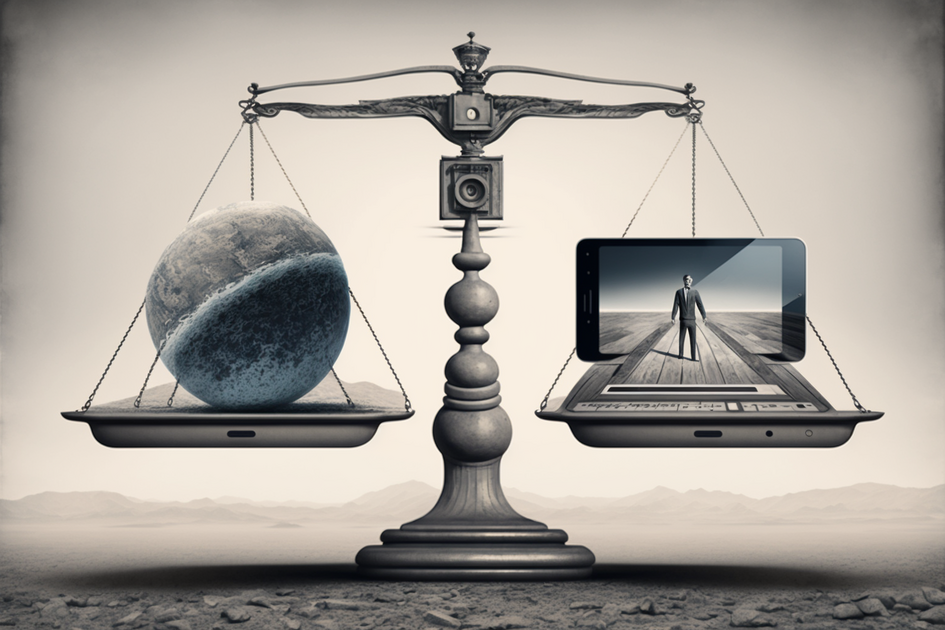The Ethics of Technological Progress: Balancing Innovation and the Preservation of Personal Freedoms
about 2 years ago
read

Technological progress has transformed our world, providing us with unprecedented levels of convenience, connectivity, and capability. However, as technology continues to evolve, it is crucial that we also consider the ethical implications of these advancements. In this article, we will explore the challenges posed by technological progress and how we can balance the pursuit of innovation with the preservation of personal freedoms.
The Double-edged Sword of Technological Progress
While technology has undoubtedly improved our lives in many ways, it has also raised ethical concerns. Some of these concerns include:
- Privacy and Surveillance: As technology becomes more integrated into our lives, the potential for intrusive surveillance and erosion of privacy grows. From social media platforms to smart devices, our digital footprints are vast, making it easier for governments and corporations to track and monitor our activities.
- Automation and Job Displacement: The rise of automation and artificial intelligence threatens to displace millions of jobs, raising concerns about economic security and social stability.
- Algorithmic Bias and Discrimination: Machine learning algorithms and AI systems can unintentionally perpetuate existing biases and contribute to discrimination, as they are often trained on biased data sets.
- Digital Divide: The increasing reliance on technology can exacerbate existing inequalities, as not everyone has equal access to digital resources and the benefits they provide.
Balancing Innovation and Personal Freedoms
To ensure that technological progress serves the greater good and respects personal freedoms, we must consider the following strategies:
- Foster Transparent and Ethical Innovation: Encourage companies and governments to adopt transparent practices and prioritize ethical considerations in the development of new technologies. This includes ensuring that privacy rights are respected and that technology is used responsibly.
- Implement Strong Data Protection Regulations: Establish robust data protection laws that protect individual privacy, limit surveillance, and hold organizations accountable for the ethical use of personal data.
- Encourage Digital Literacy and Education: Promote digital literacy and educate individuals about the potential risks and benefits of technology, empowering them to make informed decisions and protect their privacy.
- Advocate for Fair and Equitable Access: Work to bridge the digital divide and ensure that everyone has access to the benefits of technology, regardless of their socioeconomic status.
- Develop Inclusive and Unbiased AI: Encourage the development of AI systems that are trained on diverse, unbiased data sets and are designed to be inclusive and fair, minimizing the potential for algorithmic bias and discrimination.
The ethics of technological progress is a complex issue that requires careful consideration and a balanced approach. By embracing transparency, ethical innovation, and strong data protection regulations, we can ensure that technological advancements serve the greater good while preserving personal freedoms. It is our responsibility to shape the future of technology in a way that respects individual rights and fosters a just and equitable society.